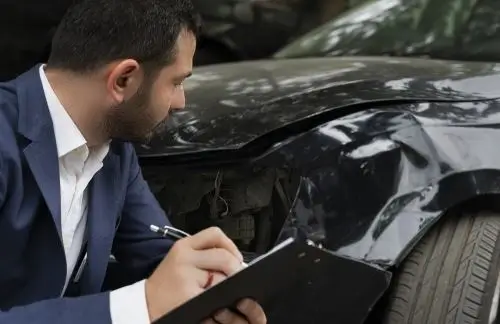
When someone is involved in an accident, it’s imperative to not assume that you were at fault for the collision. Far too often, individuals get out of their vehicle and apologize instinctively or believe they were the person to cause the accident without knowing the circumstances involved.
Even if you feel you were fully or partially at fault, you should protect your rights as best as possible. This is because California operates with comparative negligence in car accidents. Understanding what this is and how it impacts car accident claims is imperative to your success.
What Does Comparative Negligence Do?
Comparative negligence works to determine the percentage of fault each party contributed to the accident. If someone is fully at fault for an accident, their percentage is of course 100% and they are solely responsible for the collision.
However, in some situations, the actions of multiple parties can come into play. Even a plaintiff can have some percentage of the fault depending on their actions and if they could have avoided the collision in a safe manner.
How Does Comparative Negligence Impact Accident Claims?
Once the percentages have been determined, it directly impacts how much the plaintiff may recover in terms of compensation for the damages sustained in the accident.
For instance, if the defendant is the main negligent party in the accident, but the plaintiff did play a role, the court may determine the percentage of liability to be 80% on the defendant and 20% on the plaintiff. When it comes to award compensation, these percentages will be considered and the plaintiff will lose an amount equal to the percentage they were considered at fault.
If a jury would award $100,000, the 20% of fault attributed to the plaintiff would negate $20,000 of that award, making it $80,000 for which the defendant is responsible.
At The Matiasic Firm, we’ve handled many cases involving comparative negligence. Our San Francisco car accident attorneys recognize how to help you pursue the compensation you need when you need it most, regardless if you feel you had some fault in the accident.






